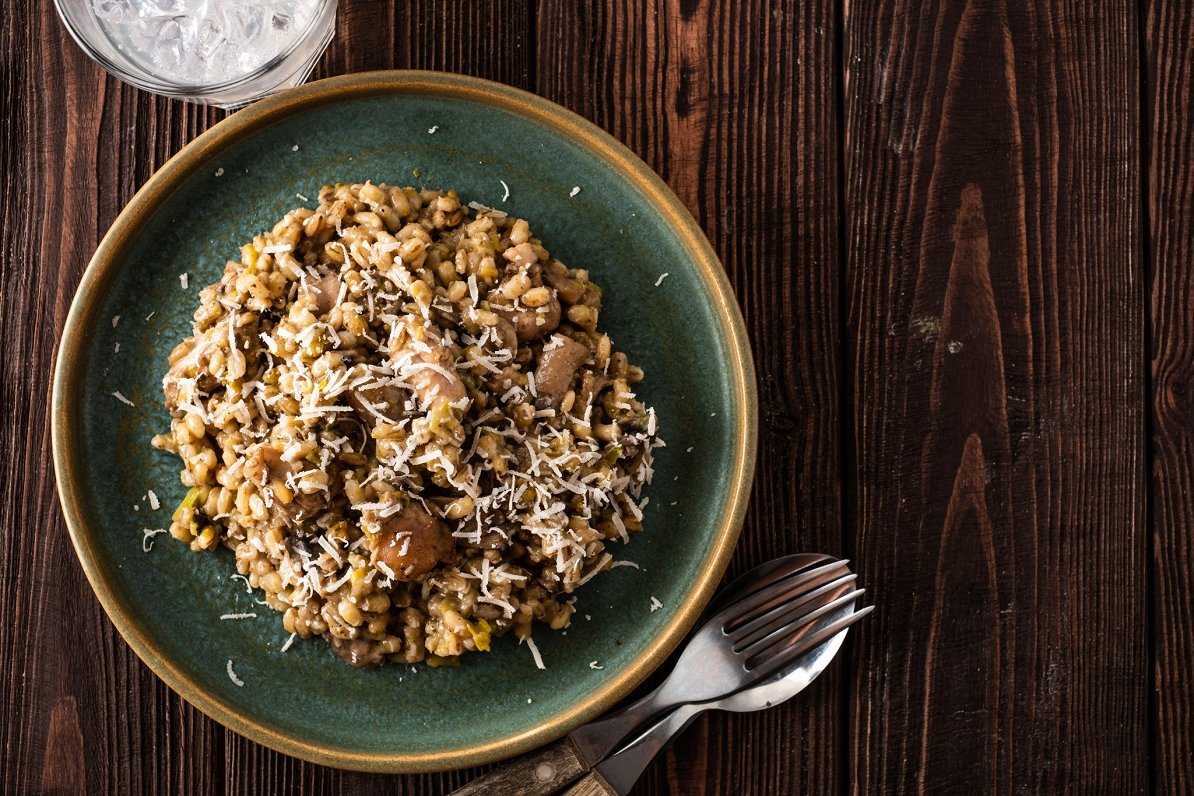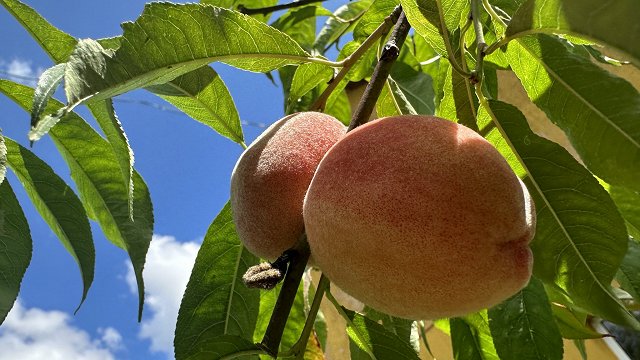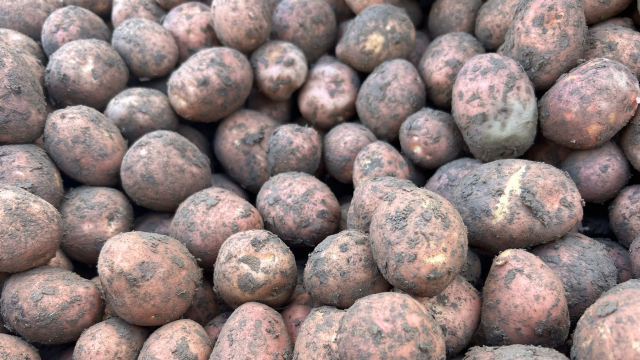At the outset it should be stressed that the whole notion of superfoods is essentially a marketing ploy designed to promote the notion of instant and easy solutions to longstanding problems. Unfortunately, that's rarely how life works.
The superfood fad often relies upon exciting tales of finding obscure foods in remote parts of the world which are then popularised in developed commercial markets. What might be called superfoods are growing right here in Latvia – we just don't pay proper attention to them, because such food seems outdated or over-familiar to us. Therefore, let's get acquainted with some Latvian dishes that might be classed as exotic superfoods by others, but which are – often literally – right under our noses.
Barley (Grūbas)
Many people know that cereals are a valuable part of the diet. They are generous sources of fiber, contain B vitamins and various minerals. People who regularly include cereals in their diet are less prone to obesity and type II diabetes.
These days, Latvians usually choose rice or buckwheat, forgetting about the staple food of their ancestors – the humble but filling and flexible grains of barley or groats.
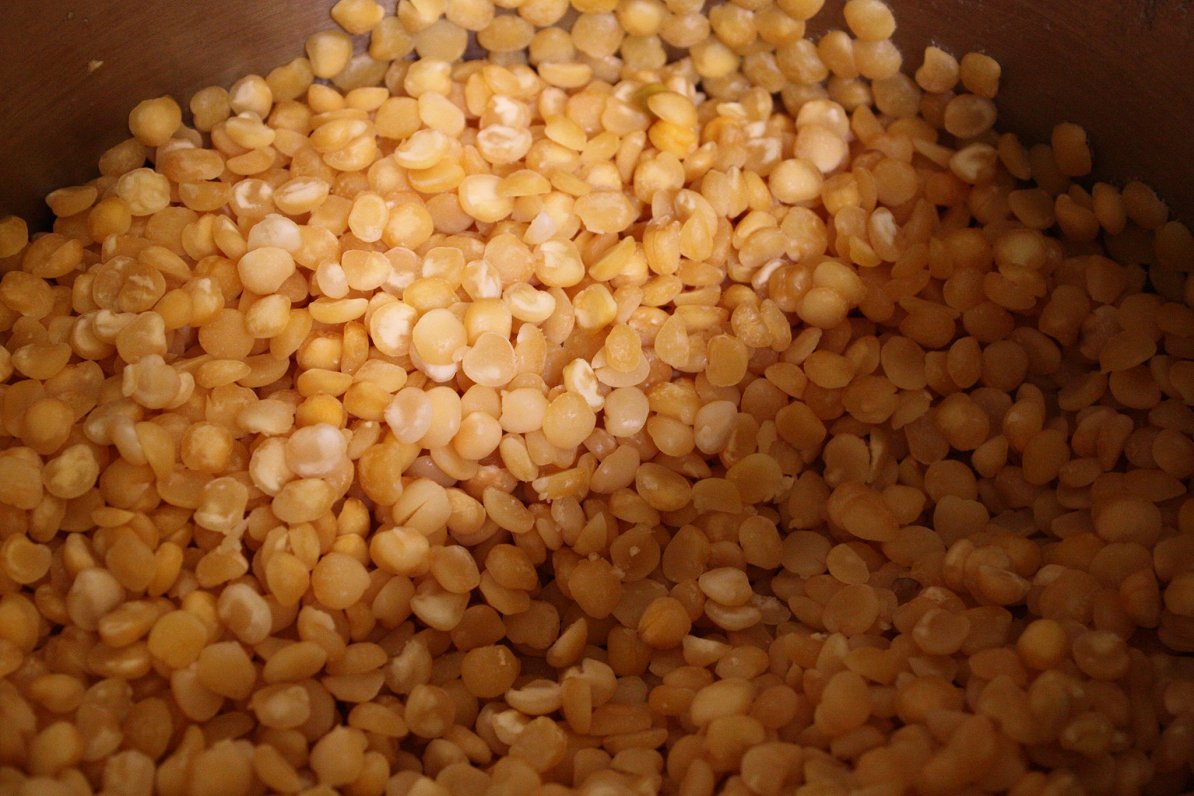
It is an inexpensive product with an excellent composition: one hundred grammes of barley contains one hundred percent of the daily dose of manganese, half of the daily dose of the antioxidant selenium, group B vitamins, and a lot of plant-based iron. Groats are a source of so-called slow carbohydrates - when we eat them, we will absorb energy, which will be released gradually, providing fuel and leaving us feeling full for a long time. Groats also contain soluble fiber beta-glucans, which reduce blood cholesterol levels, as well as antioxidants lutein, beta-carotene and zeaxanthin. A small but interesting study showed beneficial effects of barley and groats on the intestinal microflora.
Today's busy people are deterred from including barley in their menu due to the long cooking time – they must be rinsed, soaked in water for 3-4 hours, rinsed again and boiled for about an hour before cooking. Fortunately, a faster solution is available - the so-called pearl barley, which can be boiled immediately.
You don't have to make a glum gray porridge - there are many modern recipes available. Barley can be mixed with lemon juice, wine vinegar, and have sun-dried tomatoes or linseeds addd. They will go well with mushrooms, tomatoes and various cheeses - parmesan, feta and blue cheese. You can make a risotto-like dish from the grains, replacing rice with these grains. If you want a more traditional Latvian flavor, then onions and seasoning make a savory dish. Unadorned They also make a nice side serving with meat or fish.
Hemp (Kaņepes)
Hemp is a local superfood and superfiber. Hemp seeds contain up to 35% oil and a lot of protein, and their oil is characterized by a particularly high amount of unsaturated or good fatty acids.
People tend to be concerned about the question - are hemp products really safe to consume? Can I also give it to children, considering that the same plant can be obtained in substances that are not quite legal? Yes, you can. Seed hemp, which is grown in Latvia, does not contain the active substance tetrahydrocannabinol in the concentrations necessary to become intoxicated. And the climate of our country is not at all suitable for narcotic varieties of cannabis.
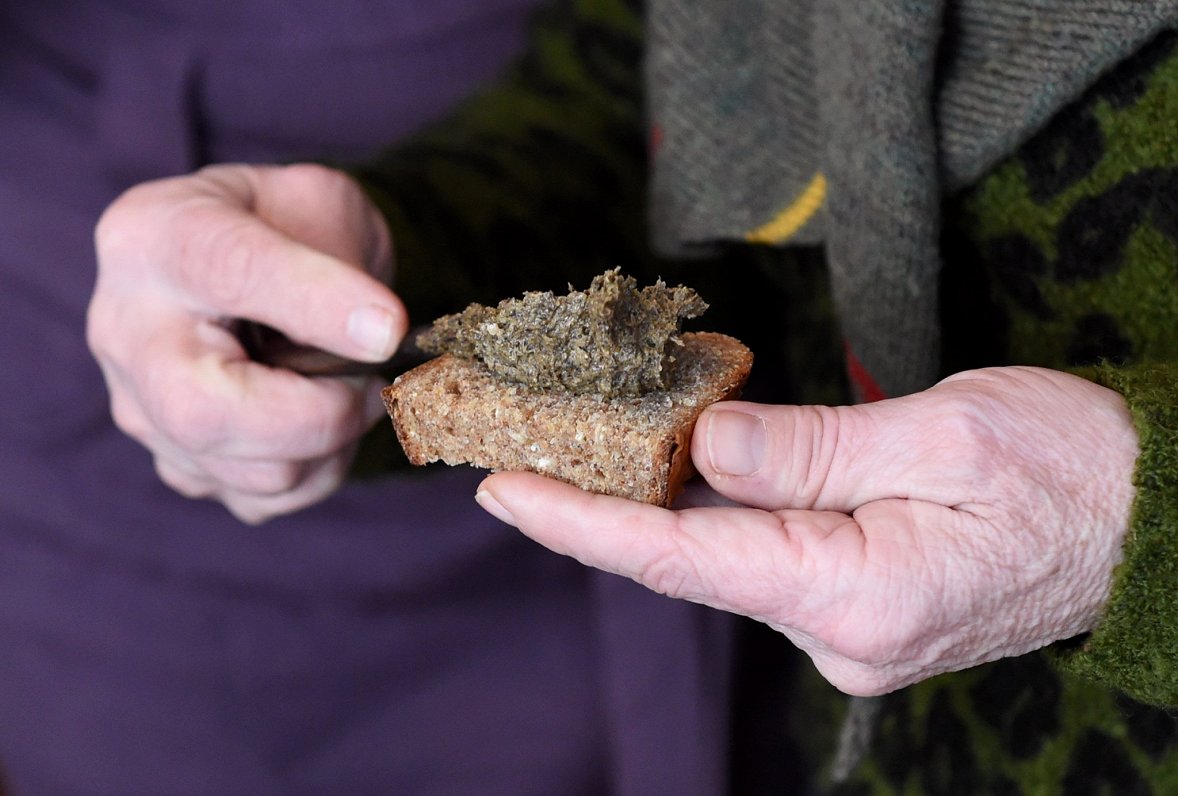
Currently, the following plant parts and products obtained from seed hemp can be used in the European Union: seeds, oil obtained from the seeds, and seed flour are all perfectly legal and not at all dangerous.
You can handle these raw materials freely, making hemp spreads, butter, chocolate, teas - as much as your imagination and culinary skills allow. It is important to note that seed hemp oil is not the same as the popular CBD oil. Hemp seed oil is extracted from the seeds by the pressing method and does not contain CBD.
It is recommended to use both hemp oil and seeds in the diet. Their composition is similar, but the seeds will contain a significant amount of fiber, which is naturally lost when the oil is squeezed out.
What's good about hemp products? First, three valuable fatty acids: linolenic acid, alpha-linolenic acid and gamma-linolenic acid. They are necessary for heart health because they reduce the level of bad cholesterol in the blood and inflammatory processes in blood vessels. These fatty acids contribute to cognitive processes – the ability to perceive, learn and remember information.
No less interesting is gamma-linolenic acid. Researchers note that it can help reduce unpleasant symptoms in women during premenstrual syndrome. Secondly, hemp contains a lot of valuable proteins (essential amino acids), which are excellent for a plant-based product. This fact makes hemp an especially recommended product for vegetarians and vegans. Finally, hemp oil has been observed to have beneficial effects on the skin, both internally and externally.
Kefir (Kefīrs)
It might be an exaggeration to say that Latvians do not appreciate kefir – any grocery store will have several varieties available in the dairy section at fairly cheap prices. So it might have come as a surprise to learn that a few years ago, foreign lifestyle magazines were full of stories about a new and amazing superfood that possesed powerful properties to strengthen bones, restore intenstines and contained so little lactose that it does not hurt the stomach. This miracle drink, loved by the peoples of the East, had the exotic name: kefir.
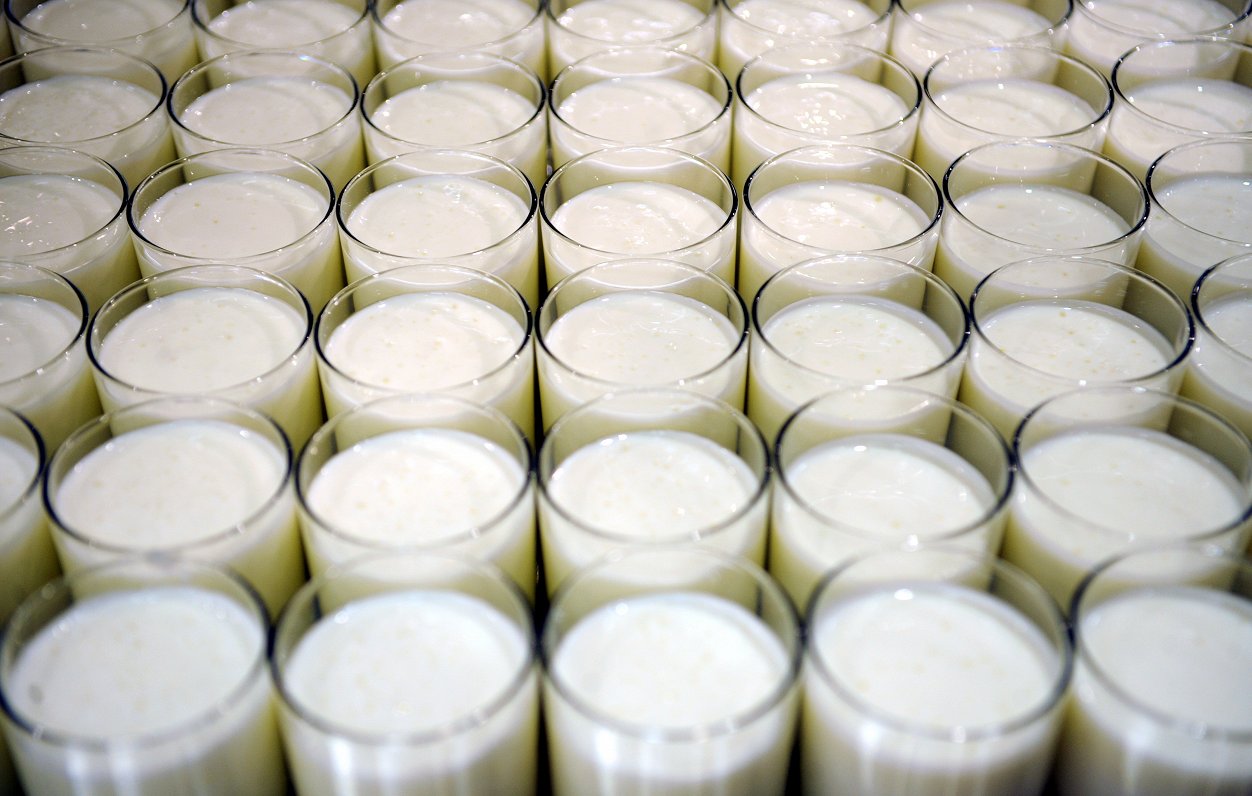
Kefir is a good source of protein and calcium and one of those foods that contains some vitamin D. But the best feature of kefir is its probiotic bacteria content. Our intestinal tract serves as a home for various microorganisms. This is neither good nor bad - it is a fact. Some of the microorganisms are pathogenic, disrupting healthy digestion and contributing to intestinal infections. But others, so-called good bacteria, do the opposite – improve digestion, maintain a healthy intestinal tract and, according to recent findings, can even affect immunity and mental health.
This does not mean that kefir will cure depression, but it is definitely a product that should be considered on your daily menu. The probiotics in kefir enter the intestinal tract and fight to create a healthy environment, and this healthy environment in turn further affects other processes in the body.
The beneficial effect of kefir on the health of the skeletal-muscular system should also be highlighted. It contains two elements that are essential for preventing bone fractures – calcium and vitamin K 2. This makes kefir a preventive product at an affordable price, which is recommended to be included in the menu particularly for seniors and women who have entered the menopause – groups whose bones are prone to fragility.
The possibilities of kefir continue to be studied. We look forward to more good news about kefir in the future!
